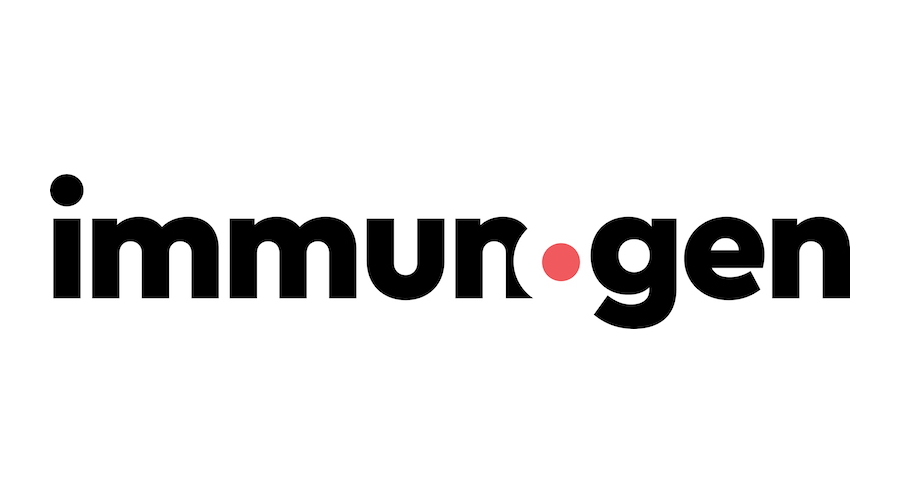Lilly revives ImmunoGen ADC pact with new $1.7bn deal

ImmunoGenAlmost four years after backing out of an antibody-drug conjugate (ADC) alliance with ImmunoGen, Eli Lilly has come back to the table with a new, wide-ranging deal worth up to $1.7 billion.
Like the earlier agreement, the new deal is focused on one of ImmunoGen's payload technologies, the toxic molecules that add a cell-killing punch when linked to antibodies that are used to target antigens on cancer cells.
Lilly is paying $13 million upfront for exclusive rights to use ImmunoGen's novel camptothecin molecules in ADCs against drug a first batch of drug targets, with an option on a second batch that would spark another $32.5 million payment to the biotech. For now the targets selected by Lilly in the partnership have not been disclosed.
All told, ImmunoGen is in line for up to $1.7 billion in exercise fees and milestone payments, as well as tiered royalties should any of the ADCs reach the market.
Lilly's earlier agreement with ImmunoGen focused on the biotech's older maytansinoid payloads, which is used in ImmunoGen's lead clinical-stage ADC mirvetuximab soravtansine, as well as Roche's marketed breast cancer ADC Kadcyla (trastuzumab emtansine).
Mirvetuximab soravtansine showed efficacy in a phase 3 trial in ovarian cancer patients last November and is due to be filed for FDA approval in the coming weeks.
Lilly originally agreed paid $20 million upfront for a license to the maytansinoid technology in 2011, and expanded the partnership two years later, only to exit the agreement in 2018.
A year earlier ImmunoGen revealed that the alliance had yielded three candidates, including one ADC directed at fibroblast growth factor receptor 3 (FGFR3) associated with bladder and brain cancers, which had reached phase 1 testing.
Despite Lilly's early interest in ADCs, its clinical pipeline doesn't list any, with all its cancer candidates either antibodies or small-molecule drugs.
ImmunoGen's camptothecin compounds are topoisomerase I inhibitor drugs, a class which has been used for years in cancer treatment and latterly has emerged as a promising component of ADCs.
The leader in the new class is AstraZeneca and Daiichi Sankyo's Kadcyla rival Enhertu (trastuzumab deruxtecan), which outperformed Roche's drug in head-to-head trials and was approved by the FDA as a HER2-positive breast cancer therapy in 2019.
Lilly is thought to be the first pharma company to sign up to use the new camptothecin payload platform.
"Lilly has a proven track record of bringing transformative oncology medicines to market, and we are pleased that they selected our novel camptothecin technology to integrate with their efforts to develop next-generation ADCs," said Stacy Coen, ImmunoGen's chief business officer.
The deal "creates value from our intellectual property around a proprietary platform, and further enhances our ability to re-invest in our business as we build out our pipeline and accelerate our transformation into a fully-integrated oncology company," she added.











